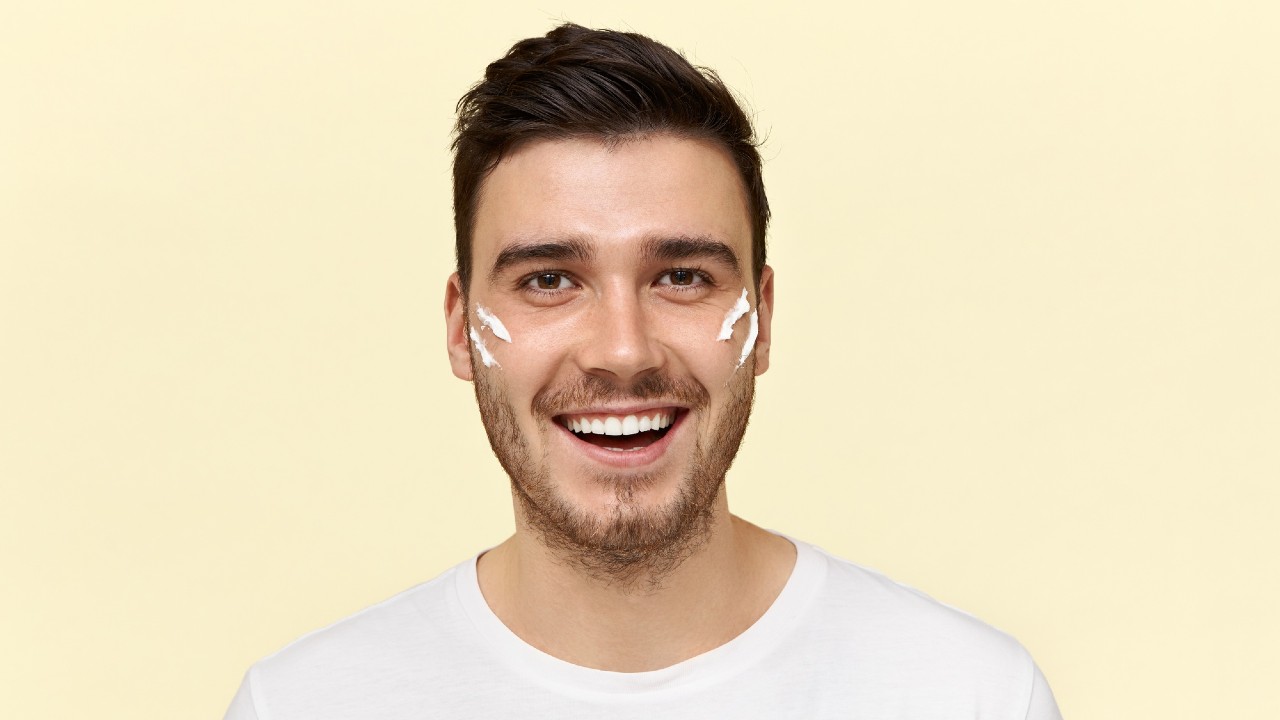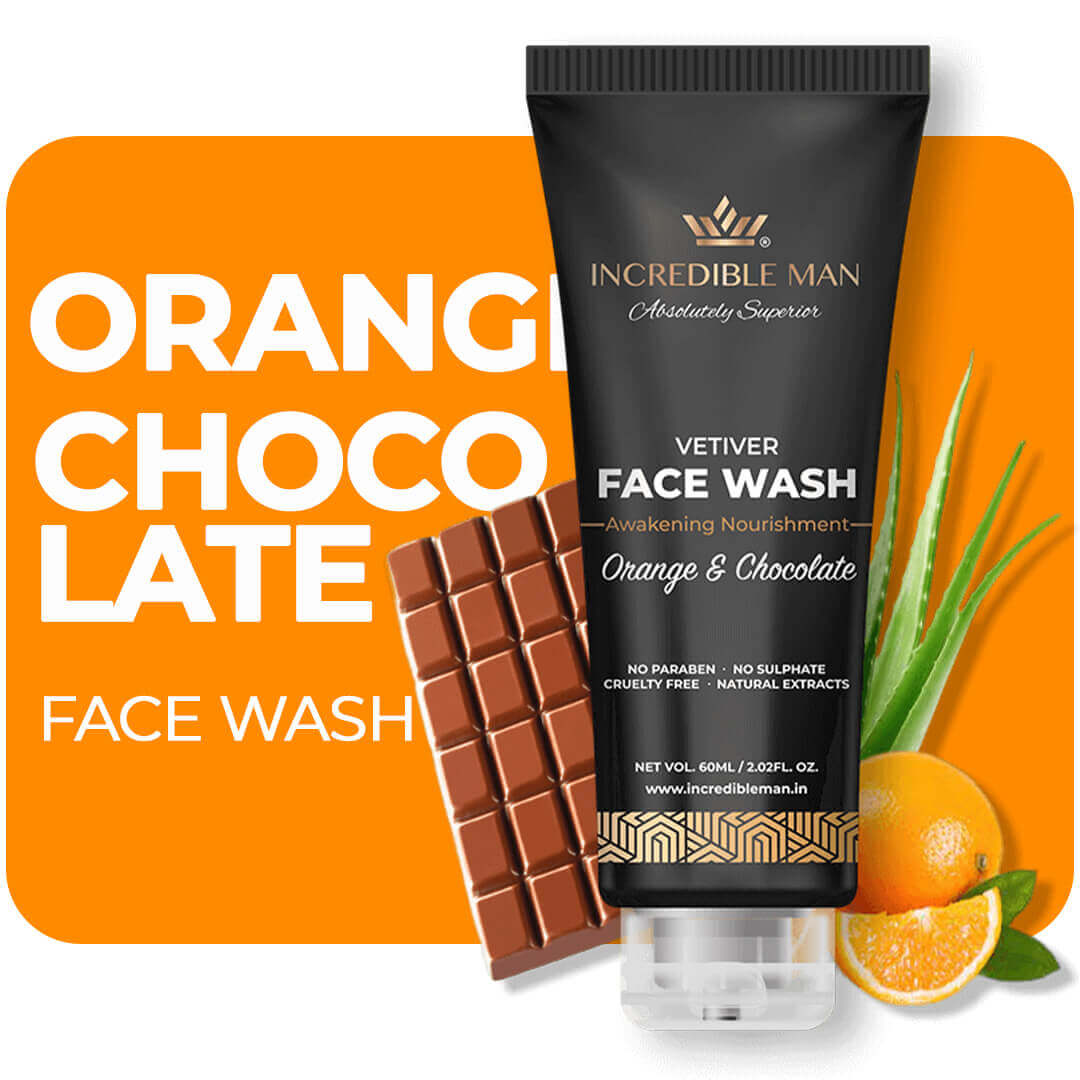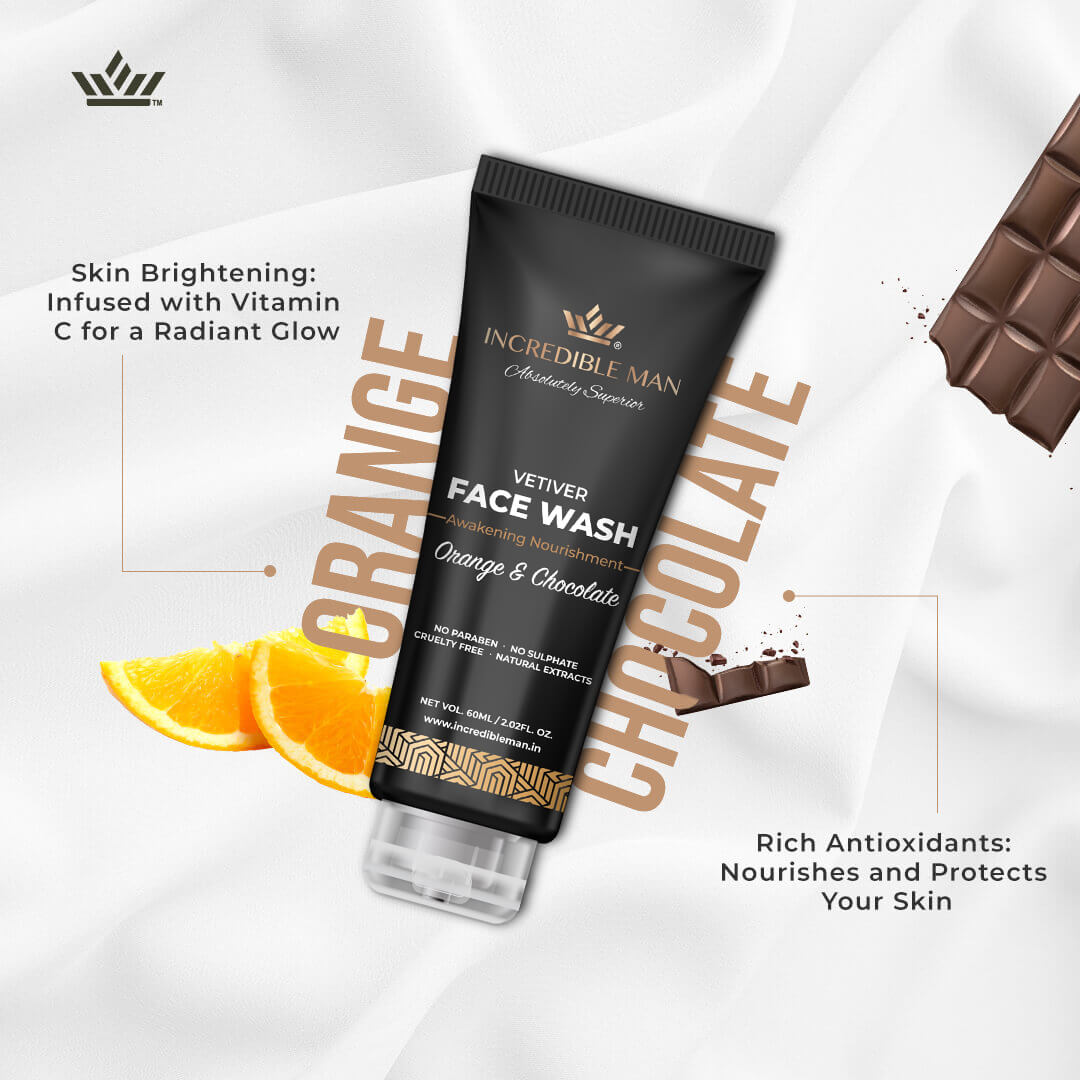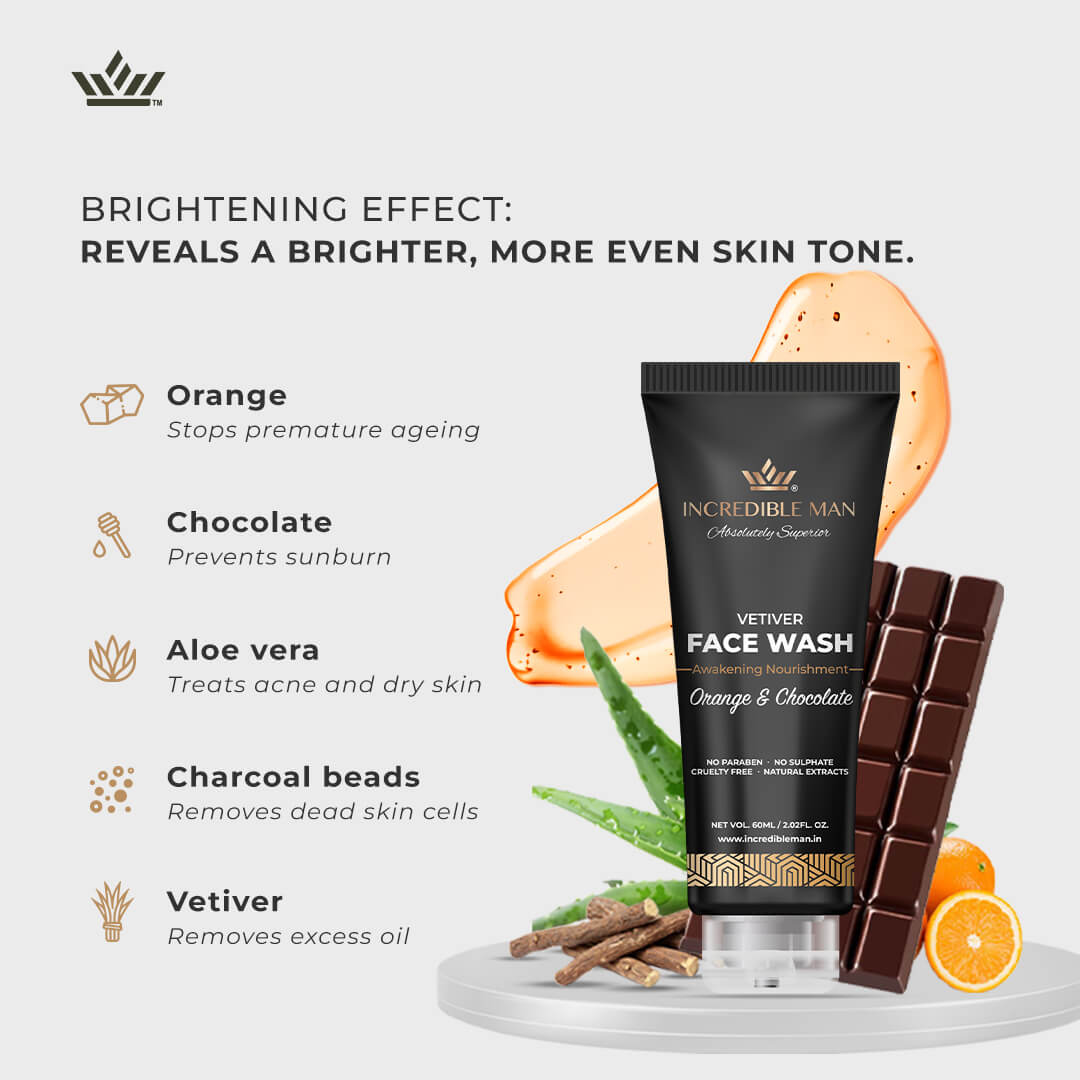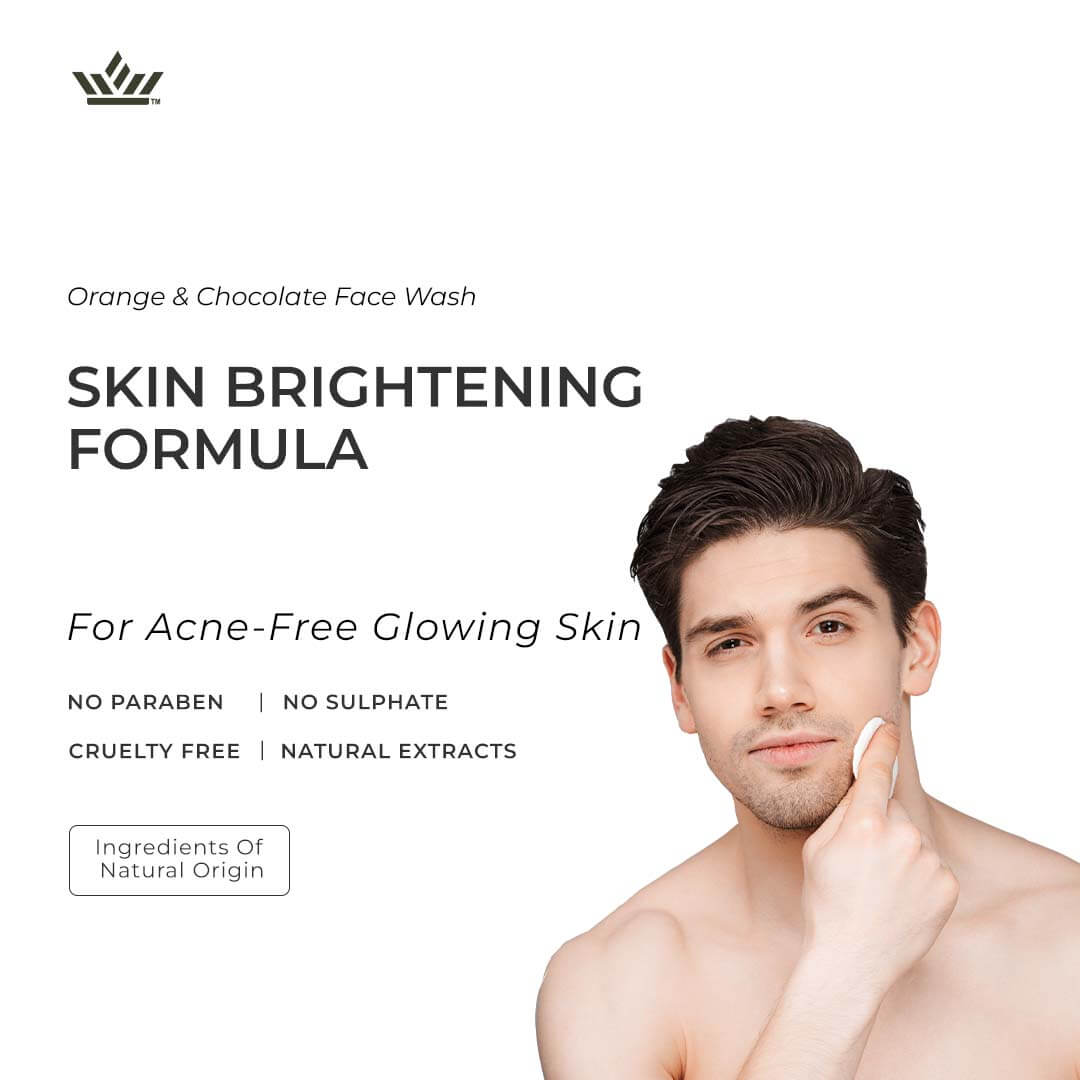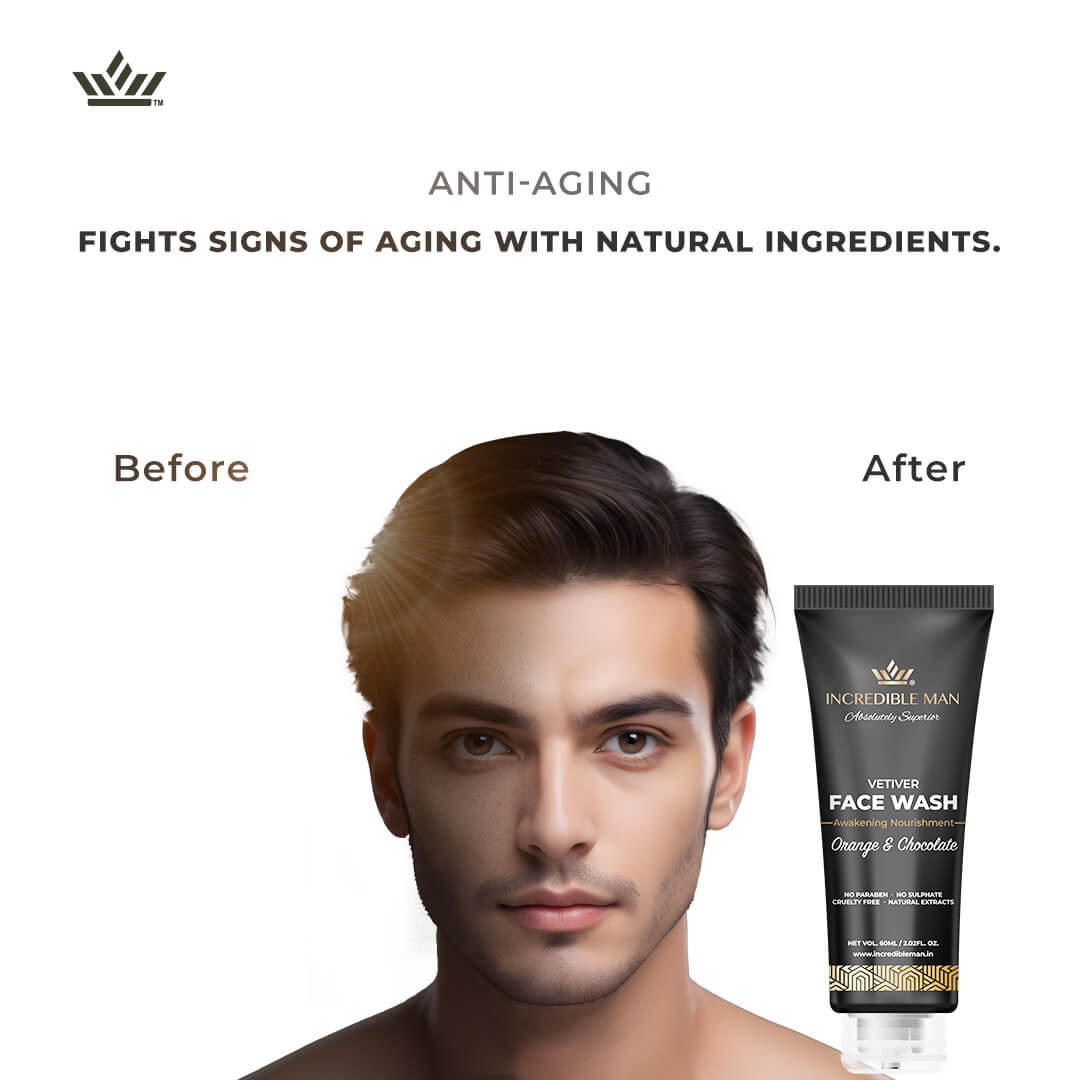UVA and UVB rays can cause major damage to our skin, such as premature aging, phototoxic and photoallergic reactions, or even, in severe cases, skin cancer.
It is therefore important to know your phototype and protect yourself from the sun.
Sun Tan Skin
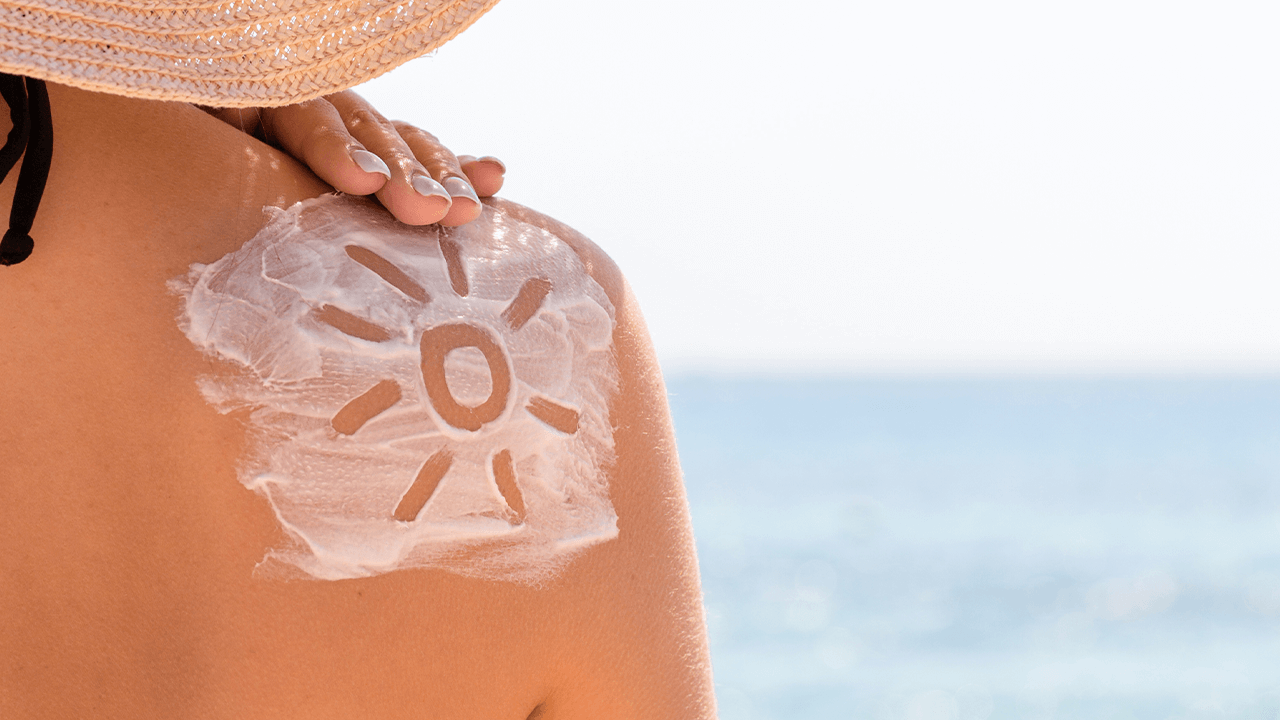
Whether you spend an entire day sunbathing in the pool, taking a bike ride in the area, or walking in the garden, the same applies to everyone: you need to shield yourself from the destructive rays of the sun. You can easily save your skin from the sun with sunscreen, but anyone who has ever attempted to buy a bottle of sunscreen knows that picking the correct sunscreen product is not always an easy task. Mart racks are filled with products that each assure a different outcome, not to mention the various technical abbreviations such as SPF and UV radiation that adorn product packaging. Do not worry! If you are skipping to buy sunscreen, you must have an Orange Face Wash that has vitamin C properties.
What is your Skin Type?
Each individual is distinct and has a diverse skin type. The diverse skin types vary in the way it responds to sun tanning.
Fair Complexion:
Do you own a very fair complexion, many freckles, and blond or light red hair? In broad, your skin is apt to burn and sunburns and you tan very slightly or almost zero. With the sun you usually debate continually and sunscreen is your best companion during the sizzling summer months and beyond.
Blond or Light Brown Skin Complexion:
The known factors are skin growing to pale, usually with the sight of some freckles, and with hair naturally blond or light brown. Again, the sun is not precisely your best friend, so extreme cautiousness is recommended.
Olive Skin Tone:
Your skin is olive, your hair and eyes are tilling to be dark. Posing in the sun is typically almost never a concern for you, as you basically never get burned. Disclosure to the sun consistently gives you a gorgeous dark brown tan. The sunlight and skin in this issue get ahead very nicely.
Dark Tints Complexion:
Your skin has dark tints and very infrequently burns out. After sun exposure, the skin maintains a very dark brown color. We can say that your skin is never scared of the sun because you are basically never subject to sunburn.
Dark Skin:
You have very dark skin leaning to black, almost not subject to burns. In general, even exposure to the sun does not vary the pigmentation of the skin. It is basically solely in people of African descent.
UV-A and UV-B Protection
When it comes to sunscreen, words like UV quickly come up. UV stands for ultraviolet and can be divided into three types relying on the frequency. For example, UV-A radiation makes up the most significant part of ultraviolet radiation. These rays produce a short-lived tan and cause harm to the skin. In this case, the sun’s rays induce sunburn at best, but in the elongate run wrinkles and skin cancers.
In addition, ultraviolet rays also consist of UV-B radiation. These rays make up only a small amount of ultraviolet rays and deliver a longer-lasting tan. In a totally equal way, UV-B rays can harm the outer layer of the skin and cause unbearable sunburn and skin cancer.
The latter class of UV rays is that of UV-C rays. These rays are protected by the ozone layer present in the atmosphere and thus do not occur on earth. UV-C rays would be very dangerous to people, especially to the skin and eyes.
Sunscreen Allergy
In some individuals, The skin may be allergic to certain types of sunscreen. However, you don’t have to worry about never being able to sunbathe again. After all, there are enough types of sunscreen available on the market so that you can still go out and enjoy the sun with sufficient protection. On the other hand, however, you should try to find out exactly which component you are allergic to. And in this definitely, a dermatologist can help you.
Most allergic reactions occur with the following ingredients:
- Fragrances
- Preservatives
- Self-tanners
- Contemplative particles to make the skin shine
In this case, you must have a skincare product that contains vitamin C as an active ingredient such as you may have an Orange Face Wash to remove the tan.
Sun Allergy
It is possible to identify an allergy to the sun by the formation of prickly red dots with or without the existence of blisters on the back of the hands, legs. In this case, UV-A rays are the great wrongdoers and cause allergic reactions. In most cases, it is adequate to moisturize the skin abundantly with a good sunscreen to prevent further skin rashes.
Quick Advice:
Wearing a T-shirt when you are in the sun or sitting in the shade are definitely two basic methods to help avoid the worsening of allergic reactions and rashes.


